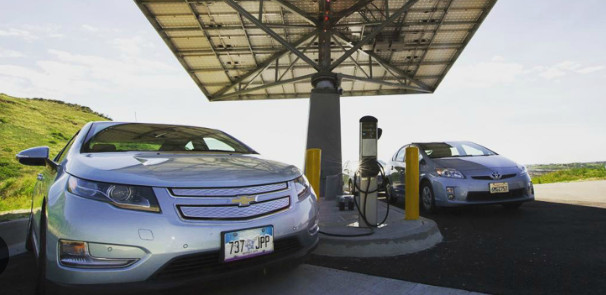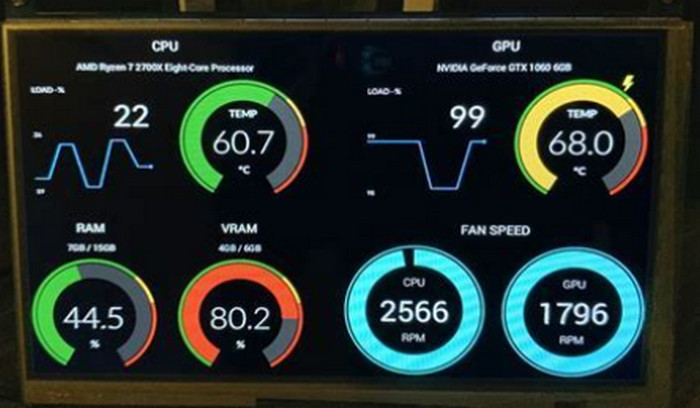
The idea of electric cars going truly off-grid is an intriguing one, blending the concepts of sustainable transportation and energy independence. While the vision is appealing, achieving it involves overcoming several technical, economic, and infrastructural challenges. Here’s a comprehensive look at the potential for electric cars to go off-grid, the current state of technology, and the future possibilities.
Current State of Electric Vehicles and Grid Dependency
Electric vehicles (EVs) are primarily dependent on the electrical grid for charging. The grid provides a reliable and consistent source of electricity, which is essential for the widespread adoption of EVs. However, the grid itself is undergoing significant changes to accommodate the increasing demand from EVs and the integration of renewable energy sources1.
Challenges to Going Off-Grid
Energy Storage: One of the biggest challenges for off-grid EVs is energy storage. Current battery technology, while improving, still faces limitations in terms of capacity, weight, and cost. To go off-grid, EVs would need batteries that can store enough energy for extended periods without frequent recharging2.
Renewable Energy Generation: For an EV to be truly off-grid, it would need to generate its own power, likely through renewable sources like solar panels. However, the surface area of a car is limited, and the amount of energy that can be generated is often insufficient to meet the vehicle’s needs, especially in less sunny climates3.
Infrastructure: The infrastructure for off-grid EVs is not yet in place. This includes the development of portable and efficient renewable energy generators, advanced battery storage systems, and robust charging solutions that can work independently of the grid4.
Technological Innovations
Advanced Batteries: Research is ongoing into advanced battery technologies, such as solid-state batteries, which promise higher energy densities and longer lifespans. These advancements could make it more feasible for EVs to store enough energy to operate off-grid5.
Solar Integration: Some companies are experimenting with integrating solar panels into the body of the car. While current technology only allows for a small amount of energy generation, future advancements could increase efficiency and make solar-powered EVs more viable6.
Portable Renewable Energy Solutions: Innovations in portable renewable energy solutions, such as foldable solar panels or compact wind turbines, could provide additional charging options for off-grid EVs. These solutions would need to be lightweight, efficient, and easy to deploy.
Economic and Environmental Considerations
Cost: The cost of developing and implementing off-grid solutions for EVs is currently high. Advanced batteries, solar panels, and other necessary technologies are expensive, which could make off-grid EVs less accessible to the average consumer.
Environmental Impact: While off-grid EVs would reduce dependency on the grid and potentially lower carbon emissions, the production and disposal of advanced batteries and solar panels have their own environmental impacts. It’s important to consider the full lifecycle of these technologies.
Future Possibilities
Energy Independence: Achieving true energy independence for EVs would require significant advancements in both energy storage and renewable energy generation. This could lead to a future where vehicles are not only self-sufficient but also contribute to the grid during periods of excess generation.
Smart Grids and Vehicle-to-Grid (V2G) Technology: Even if EVs remain connected to the grid, advancements in smart grid technology and V2G systems could allow them to operate more independently. V2G technology enables EVs to store and return electricity to the grid, balancing supply and demand and reducing the overall strain on the grid.
Hybrid Solutions: A more realistic short-term solution might be hybrid systems that combine grid dependency with off-grid capabilities. For example, an EV could primarily rely on the grid but use solar panels or other renewable sources to extend its range and reduce overall grid dependency.
Conclusion
While the concept of electric cars going truly off-grid is appealing, it is not yet a practical reality. Significant advancements in battery technology, renewable energy generation, and infrastructure are needed to make this vision feasible. However, the ongoing research and development in these areas are promising, and hybrid solutions that combine grid dependency with off-grid capabilities may be a more immediate step towards achieving greater energy independence for EVs.
The future of off-grid EVs will depend on continued innovation, investment, and a holistic approach to addressing the technical, economic, and environmental challenges. As technology evolves, the dream of truly off-grid electric vehicles may become a reality, contributing to a more sustainable and resilient transportation system.







